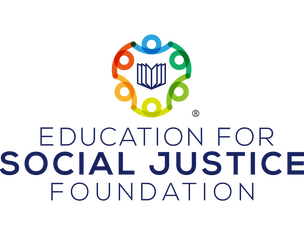ADDRESSING MEDICAL ATROCITIES AND
Various forms of warfare, including Chemical, biological, radiological and nuclear (CBRN), have been committed against civilians and soldiers throughout history. In Asia, before and during WWII, the Japanese Imperial Army devastated communities with lethal human experiments and the weaponized use of toxic biological and chemical substances. In Europe, the Nazis’ execution of “the final solution” in Auschwitz and other death camps relied on chemical weapons. In Alabama, Dr. J. Marion Sims conducted vaginal surgical experiments on black female slaves without anesthesia from 1845 to 1849. A hundred years later in Alabama, hundreds of black men became medical subjects without their consent in the infamous Tuskegee syphilis experiments, which lasted from the 1930s to 1970s. These are just a few examples of medical atrocities that have contributed to devastating dehumanization. The issues surrounding medical atrocities and medical ethics lead students to connect issues in multiple academic disciplines in both historical and present-day contexts; as they learn more, they can move beyond understanding the continuing struggles of survivors and ultimately address highly relevant global issues such as imperialism, discrimination, and other instances of undelivered justice. Examining medical atrocities through the lens of medical ethics can guide students in making ethically and environmentally responsible decisions for today and tomorrow.
